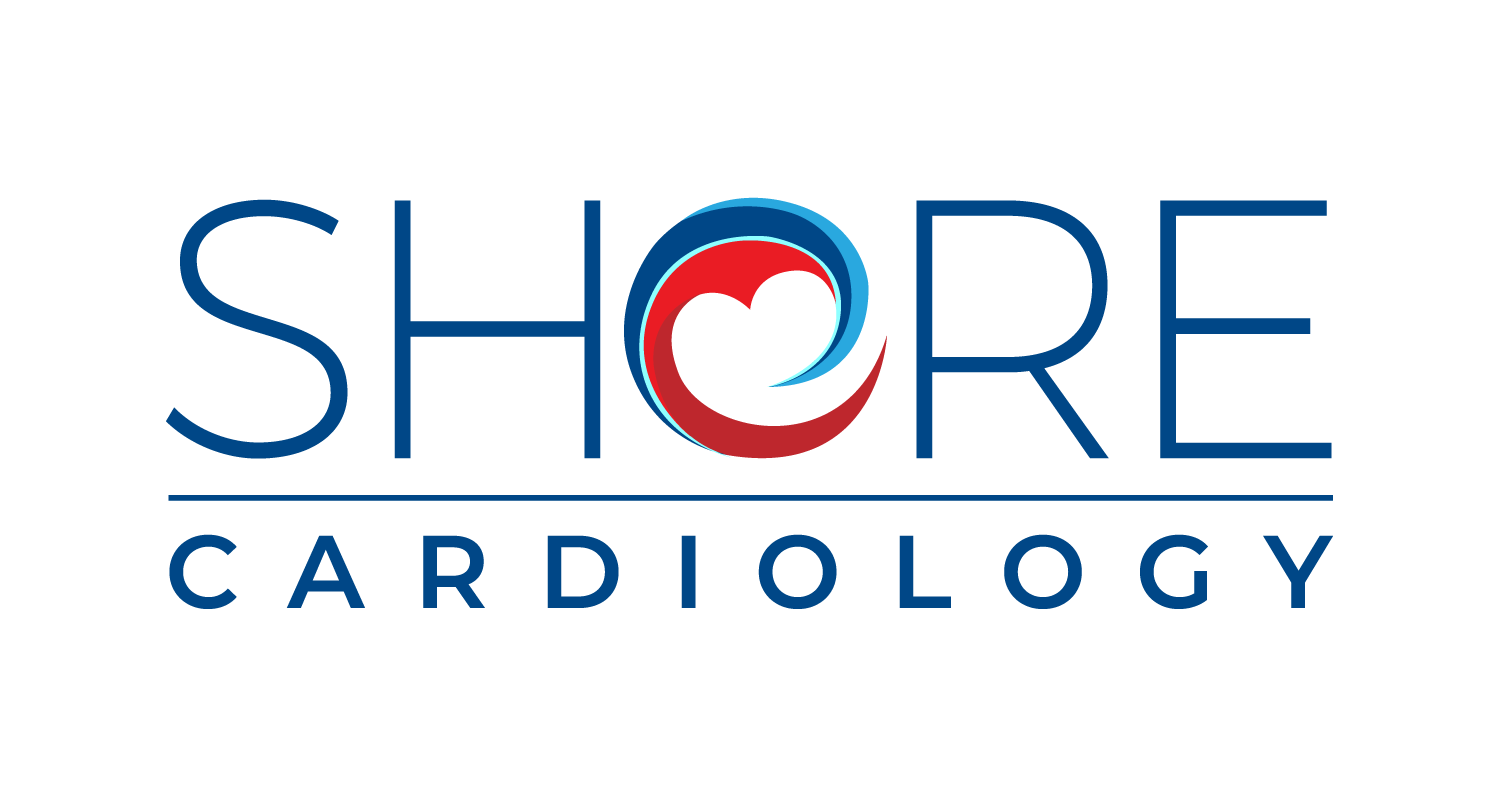Your Coronary Calcium Score: What You Need to Know
Introduction
Cardiovascular disease (CVD) remains a leading cause of health issues globally. An essential tool in evaluating heart health is Coronary Artery Calcium (CAC) scoring. This non-invasive CAC score test helps identify the presence of calcium deposits in the coronary arteries, which can indicate early signs of atherosclerosis or "hardening of the arteries." Understanding CAC can lead to early intervention and better management of heart health.
What is CAC?
CAC is the accumulation of calcium in the coronary arteries, which supply blood to the heart. This calcium build-up is a marker of atherosclerosis, a condition where the arteries become narrowed and hardened due to plaque formation.
How is CAC Measured?
CAC scoring is typically performed using a specialised CT scan. The most common method to quantify CAC is the Agatston score, which calculates the amount and density of calcium in the coronary arteries. The scores are categorised as follows:
0 Agatston units: No identifiable disease
1 to 99 Agatston units: Mild disease
100 to 399 Agatston units: Moderate disease
≥400 Agatston units: Severe disease
Clinical Utilisation of CAC Scoring
CAC scoring is valuable in assessing the risk of future cardiovascular events, especially in individuals without symptoms. Here’s how it helps:
Risk Prediction: A higher CAC score indicates a higher risk of heart attacks, strokes, and other cardiovascular events.
Guiding Treatment: CAC scores can guide decisions on preventive treatments, including lifestyle changes and medications like statins and aspirin.
Who Should Get a CAC Score?
CAC scoring is recommended for certain individuals, particularly those aged 40 and above, who are at intermediate to high risk for heart disease based on standard risk calculators. It’s particularly useful for those with risk factors such as a family history of heart disease, high cholesterol, hypertension, or diabetes.
Benefits of CAC Scoring
Non-Invasive and Quick: The procedure is simple, requiring no special preparation, and involves minimal radiation exposure.
Early Detection: It helps in detecting heart disease early, even before symptoms appear, allowing for timely intervention.
Personalised Treatment: By understanding the extent of calcium build-up, doctors can tailor preventive measures and treatments to the individual's risk level.
Lifestyle Changes and Preventive Measures
Regardless of your CAC score, adopting heart-healthy habits is crucial. These include:
Eating a balanced diet rich in fruits, vegetables, and whole grains.
Engaging in regular physical activity.
Avoiding smoking and limiting alcohol intake.
Managing stress and maintaining a healthy weight.
Take Home Message
Coronary Artery Calcium scoring is a powerful tool in the fight against heart disease. It provides a clear picture of your heart health, enabling you and your healthcare provider to take proactive steps to prevent serious cardiovascular events.
If you have risk factors for heart disease, discuss with your doctor whether CAC scoring is right for you. If a CAC score test is right for you, contact us to book in your test. Taking charge of your heart health today can lead to a healthier, longer life.
References
[1] Cardiac imaging with computed tomography and magnetic resonance in the adult
[2] Vascular calcification in chronic kidney disease
[3] Coronary Artery Calcium Percentile Calculator
[4] Cardiovascular disease risk assessment for primary prevention: Risk calculators

